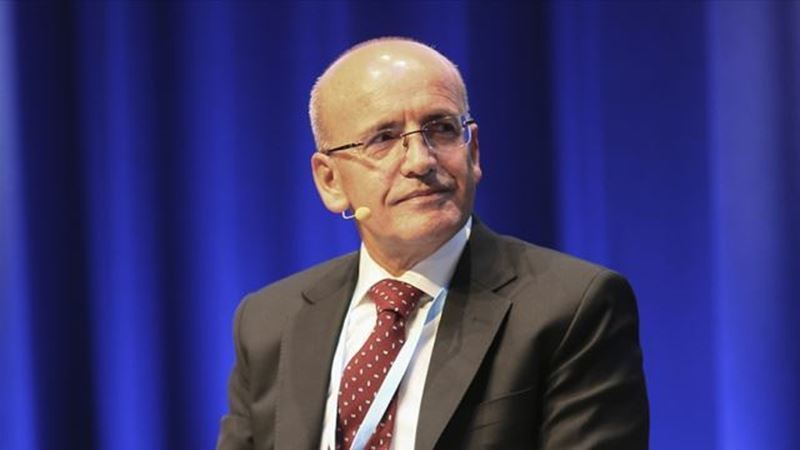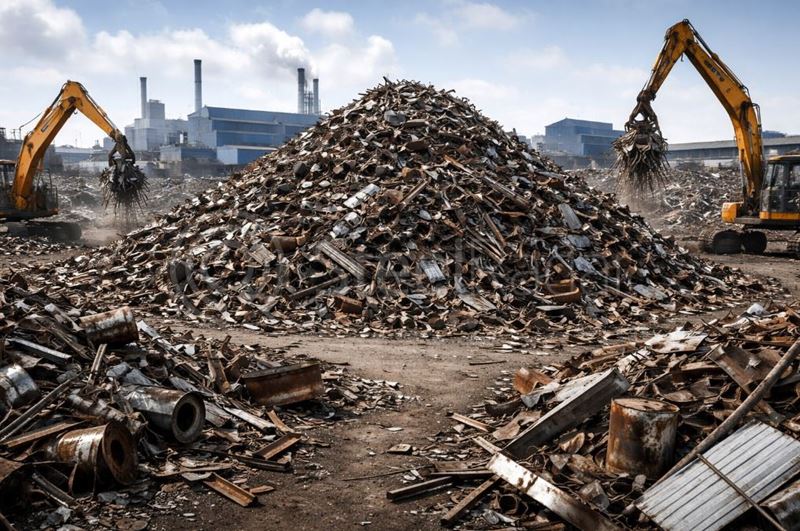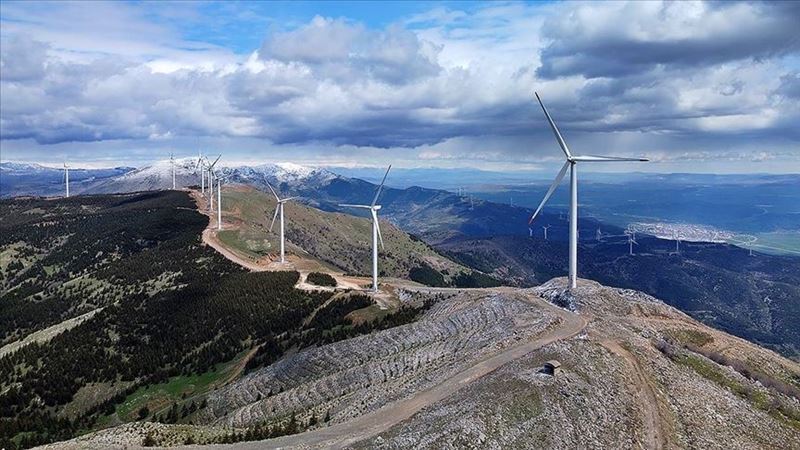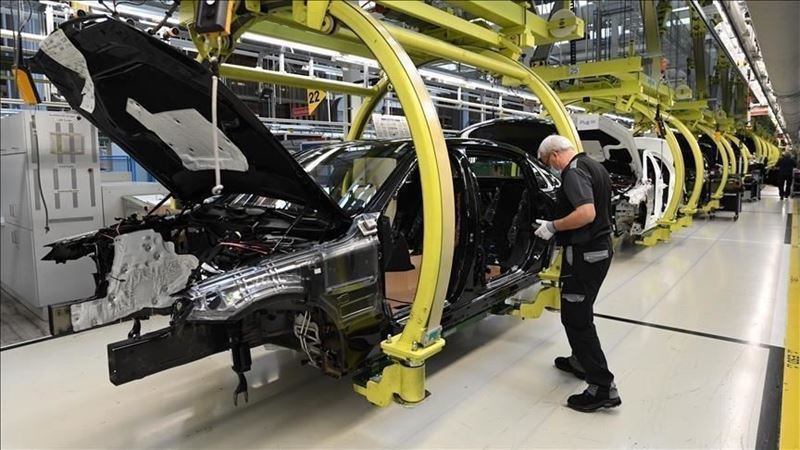Cedro Mineração aims to increase its iron ore production from around 7 million tons per year to 25 million tons by 2030 through investments in its Mariana and Nova Lima operations in Minas Gerais. To achieve this goal, the company is focusing on three priority areas: advanced technology solutions, green logistics practices that reduce environmental impact, and strong social commitments to the community. This approach not only differentiates Cedro in the market, but also helps Brazil lead a cleaner and more sustainable mineral economy.
The company is investing in low-pollution raw material known as “green ore” or pellet feed, which can reduce CO₂ emissions by up to 50%. It also recycles 85% of its water use with dry filtration and stacking technologies that eliminate the risk of tailings dams. “Pellet feed, with its high iron content, improves efficiency in steelmaking and plays a critical role in the global energy transition,” stated Lucas Kallas, founder and Chairman of Cedro Mineração.
Kallas noted that Brazil can reshape itself in the global market by meeting the demand for sustainable materials from Europe and the Middle East. “The future of mining and business depends on integrated and structural solutions that benefit people and society. Growth and sustainability are complementary,” Kallas stated, adding that with this vision, they aim to create positive change in the sectors in which they operate.
In logistics, Cedro is preparing to build its own 26-kilometer-long railway line with an investment of R$1.5 billion. This line will remove up to 5,000 trucks a day from the highways, reducing costs, carbon emissions and operational risks. It will also make transportation safer, more efficient and greener for mining companies in the Serra Azul/MG region. The construction and operation of the railway will also support regional development by creating around 4,000 direct and indirect jobs. With a capacity of 24 million tons of iron ore and general cargo per year, the line will eliminate Brazil's logistics bottlenecks and increase the competitiveness of its products.
Another important step in the company's growth strategy is the concession for the ITG02 terminal at the Port of Itaguaí in the Rio de Janeiro Metropolitan Area. With a planned investment of R$3.6 billion, this terminal will strengthen the logistics activities of Cedro and medium-sized mining companies through vertical integration.









Comments
No comment yet.